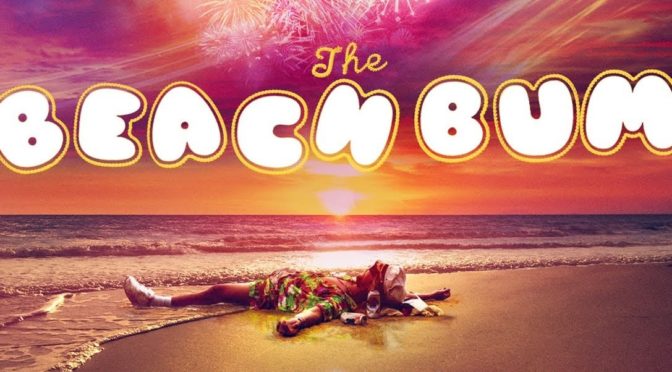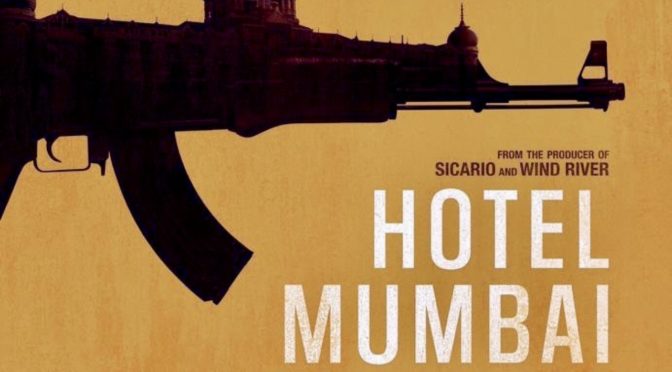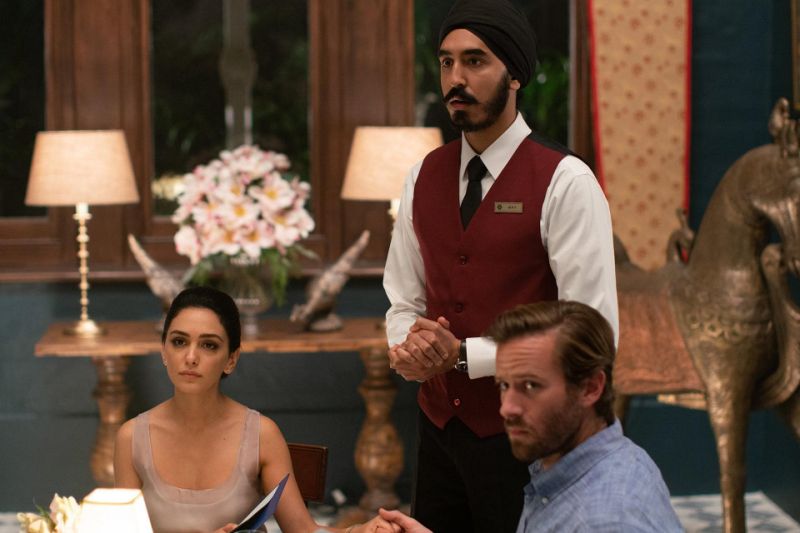Returning to a drug and alcohol fueled Florida, Harmony Korine (Spring Breakers) teams up with Matthew McConaughey (Dallas Buyers Club) for a tour through burnout country. McConaughey plays Moondog, an acclaimed poet and stoner that drifts through the Florida Keys enjoying every moment he can. His wife Minnie (Isla Fisher; Nocturnal Animals) lives separately in a mansion and spends time with their mutual friend Lingerie (Snoop Dogg), a rapper. There is even less of a plot here than in Spring Breakers. Moondog doesn’t have a clear motivation beyond enjoying himself. He scrounges for money as he moves from party to party without a care in his mind. He’s an easygoing, worry-free hippie.
Somehow, things just work out for him. He doesn’t have a rigorous writing schedule, but the words come out as needed. He doesn’t usually have a lot of money on him, but he makes friends and ends up with whatever he needs, be it drugs, women, or accommodations.
McConaughey sells all of this with his breezy attitude. It’s like his character from Dazed and Confused spent the next 20 years doing drugs with free-spirited hippies and adopted the lifestyle. As his wife states, “Moondog is from another dimension”. His mindset is one of a kind and completely detached from anything resembling reality. Some may have little patience for a character whose actions can be considered irresponsible, but McConaughey’s performance makes Moondog seem more like a harmless loafer than someone who needs to grow up. The one inconsistency is that the characters keep describing him as a world-renowned, award-winning poet which is hard to reconcile with his lifestyle. The few times he recites poetry are mostly him repeating the same short, asinine verse that is apparently applause worthy.

The film, like its main character, lacks a clear direction. The narrative is more of a series of encounters that appear to be sequential, but don’t actually need to be. Korine doesn’t seem interested in telling a cohesive story. He loves the character he has created in Moondog and wants to follow him through a world of nonstop pleasure. Together with cinematographer Benoît Debie, he shoots his film with two visual palettes: sun-drenched outdoors and neon pinks and yellow-greens similar to their work in Spring Breakers. The visuals give the film the feel of an endless summer vacation. One without purpose or consequence.
Yet, any issues are of little importance. It’s hard to stay mad at someone who shows nothing but childish joy. At one point, Moondog finds out that Lingerie has been having an affair with his wife for years while he was away from home, but he barely reacts. He shrugs it off as another part of an unknowable, uncontrollable world that is never worth taking too seriously. This notion permeates the film and makes it difficult to be bothered by any of its flaws. At its best, The Beach Bum is a silly celebration of ignoring everyday struggles and enjoying yourself in every moment, but even at its worst it’s a harmless, carefree, and meandering trip through a hippie wonderland.

3/5 stars.



